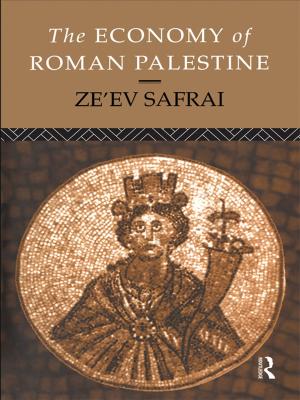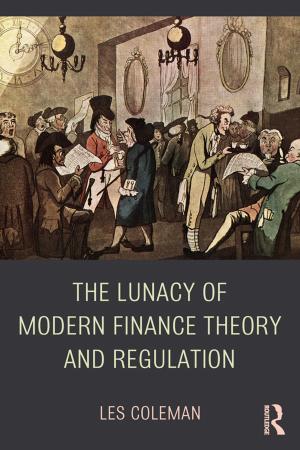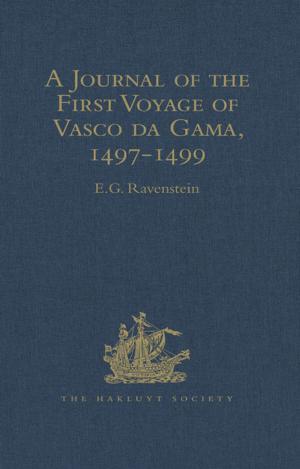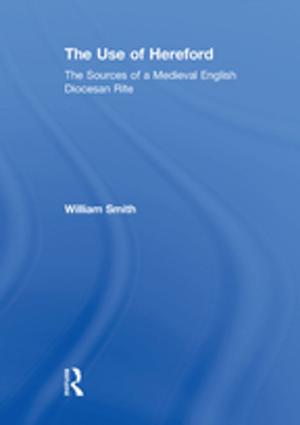Shakespeare Among the Courtesans
Prostitution, Literature, and Drama, 1500-1650
Fiction & Literature, Literary Theory & Criticism, British| Author: | Duncan Salkeld | ISBN: | 9781317056676 |
| Publisher: | Taylor and Francis | Publication: | April 1, 2016 |
| Imprint: | Routledge | Language: | English |
| Author: | Duncan Salkeld |
| ISBN: | 9781317056676 |
| Publisher: | Taylor and Francis |
| Publication: | April 1, 2016 |
| Imprint: | Routledge |
| Language: | English |
Courtesans - women who achieve wealth, status, or power through sexual transgression - have played both a central and contradictory role in literature: they have been admired, celebrated, feared, and vilified. This study of the courtesan in Renaissance English drama focuses not only on the moral ambivalence of these women, but with special attention to Anglo-Italian relations, illuminates little known aspects of their lives. It traces the courtesan from a wry comedic character in the plays of Terence and Plautus to its literary exhaustion in the seventeenth-century dramatic works of Dekker, Marston, Webster, Middleton, Shirley and Brome. The author focuses especially on the presentation of the courtesan in the sixteenth century - dramas by Shakespeare, Marlowe, and Lyly view the courtesan as a symbol of social disease and decay, transforming classical conventions into English prejudices. Renaissance Anglo-Italian cultural and sexual relations are also investigated through comparisons of travel narratives, original source materials, and analysis of Aretino's representations of celebrated Italian courtesans. Amid these fascinating tales of aspiration, desire and despair lingers the intriguing question of who was the 'dark lady' of Shakespeare's sonnets.
Courtesans - women who achieve wealth, status, or power through sexual transgression - have played both a central and contradictory role in literature: they have been admired, celebrated, feared, and vilified. This study of the courtesan in Renaissance English drama focuses not only on the moral ambivalence of these women, but with special attention to Anglo-Italian relations, illuminates little known aspects of their lives. It traces the courtesan from a wry comedic character in the plays of Terence and Plautus to its literary exhaustion in the seventeenth-century dramatic works of Dekker, Marston, Webster, Middleton, Shirley and Brome. The author focuses especially on the presentation of the courtesan in the sixteenth century - dramas by Shakespeare, Marlowe, and Lyly view the courtesan as a symbol of social disease and decay, transforming classical conventions into English prejudices. Renaissance Anglo-Italian cultural and sexual relations are also investigated through comparisons of travel narratives, original source materials, and analysis of Aretino's representations of celebrated Italian courtesans. Amid these fascinating tales of aspiration, desire and despair lingers the intriguing question of who was the 'dark lady' of Shakespeare's sonnets.















